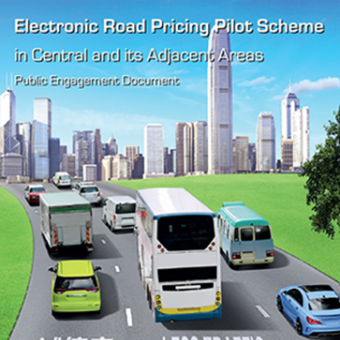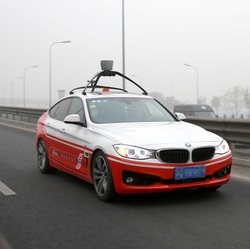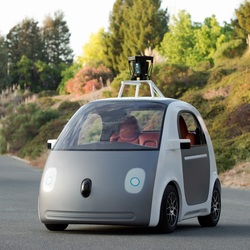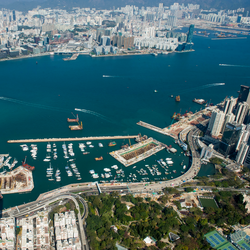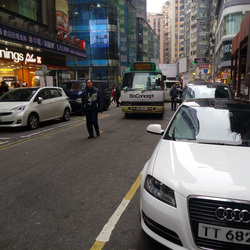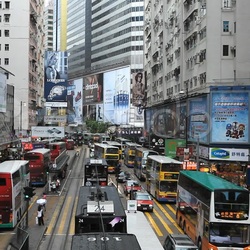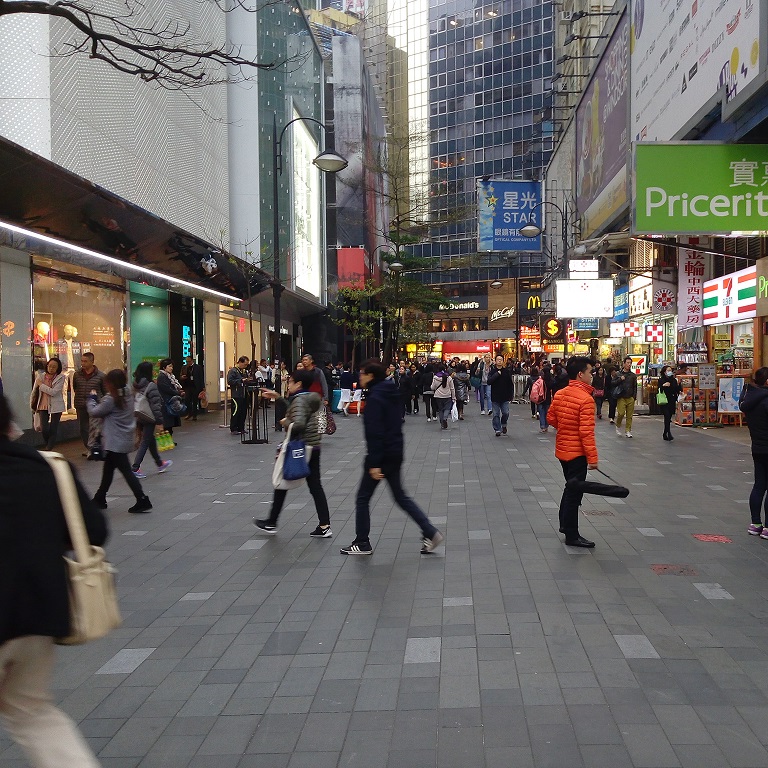|
Hong Kong Committed to Lagging Behind
30/03/2016
barrysays
In 1983 the Hong Kong Government announced its intention to introduce bold new technology called “Electronic Road Pricing” (ERP) to the Territory to tackle road congestion in urban areas and implemented a successful pilot scheme over the next 2 years. Subsequently the innovation was dropped; meanwhile Singapore forged ahead and implemented its own scheme by 1989. ERP raised its head again 1995 with recommendations to implement a scheme in Central District before 2006 to meet traffic growth projections; nothing happened. London implemented its scheme in 2003 and Hong Kong undertook another study in 2006, yet again confirming the viability of ERP. Thirty three years after that first positive trial, Hong Kong is again looking to implement ERP and is currently going through yet another public engagement exercise. In the meantime the human genome has been mapped, vehicles have landed on Mars and the internet has revolutionised the world.
Barry Wilson is a Landscape Architect, urbanist and university lecturer. His practice, Barry Wilson Project Initiatives, has been tackling urbanisation issues in Hong Kong and China for over 20 years. (www.initiatives.com.hk).
2016/01/20 Where Are All the Boomerangs? Related: Protecting Heritage Needs Education and Equity with Economics 2015/12/02 Urban Villages – Problems or Solutions Related: Urban Villages Salon 2015/11/05 Visions of Our Future Crystallising Rapidly Related: WorldGBC Congress 2015 Hong Kong 2015/9/30 Affordable Housing in Urban Centres Essential to Cities |
The number of vehicles in Hong Kong increased by 30% from 524 000 in 2003 to 681,000 in 2013.
During the same period, the average car journey speed in urban areas dropped by about 11% from 25.6 km/h in 2003 to 22.7 km/h in 2013. In the US, car sales have decreased year on year since peaking in 1986 at almost 11.5 million. 25 years on, annual sales are roughly half that number[1] The trend can be expected to continue despite the ever growing population. Car journey speeds on some major traffic corridors in Hong Kong, such as Des Voeux Road West, are recorded to be at or lower than 10km/h during weekday morning peak hours.
This is not much faster than the average walking speed of an adult at 4 to 5 km/h. The London Congestion Charge is an £11.50 daily charge for driving a non-exempt vehicle within the designated charging zone between 07:00 and 18:00, Monday to Friday.
Pre-booking must be made, with a penalty of between £65 and £195 levied for non-payment. Enforcement is primarily based on automatic number plate recognition (ANPR). Payment can be made on-line in advance. There are a range of exemptions and discounts available to certain vehicles and individuals. Reference:
[1] Ron Medford, director of safety for Google's Self-Driving Cars program and former deputy director of the National Highway Traffic Safety Administration (NHTSA). [2] WardsAuto.com/data-center [3] Transportation Research: Part A - Policy and Practice ISSN: 0965-8564 [4]http://www.pressherald.com/2016/03/17/autonomous-vehicles-still-road-u-s/ |
Services |


